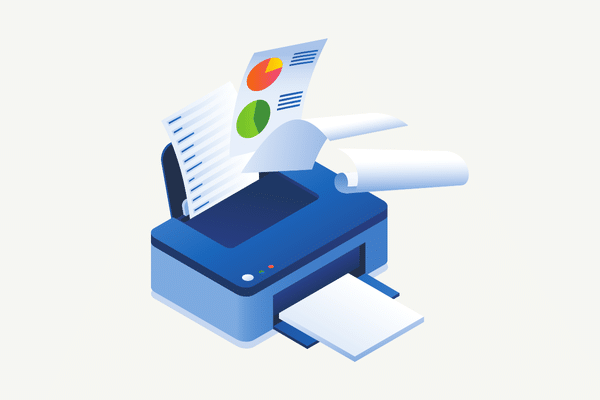
If you’re the tidy type and have just filed your tax return for this year, 2024, you might be eyeing that stack of old tax records and wondering if it’s time to declutter. On the flip side, if tossing documents makes you nervous, you’re probably searching for another box to stash them in. So, what’s the right move? You do need to keep them for a certain retention period, but not forever.
Retaining Tax Records
Generally, tax records are retained for two reasons:
- 1️⃣ In case the IRS or a state agency decides to question the information on your tax returns.
- 2️⃣ To keep track of the tax basis of your capital assets so that you can minimize your tax liability when you dispose of those assets.
With certain exceptions, the statute of limitations for assessing additional taxes is three years from the return’s due date or its filing date, whichever is later. However, keep in mind that many states have a retention period that’s one year longer than federal law.
Additionally, the federal assessment period extends to six years if more than 25% of a taxpayer’s gross income is omitted from a tax return.
Remember, the three-year clock doesn’t start until a return has been filed. There’s no statute of limitations for false or fraudulent returns meant to evade tax payments.
If none of these exceptions apply to you, then for federal purposes, you can probably discard most of your tax records that are more than three years old. Just be sure to add an extra year if your state has a longer statute.
💡 Examples of Retaining Tax Records
Let’s look at some examples:
Sue filed her 2020 tax return before the due date of April 15, 2021. She can safely dispose of most of her 2020 records after April 15, 2024. Meanwhile, Don filed his 2020 return on June 1, 2021. He should keep his records until at least June 1, 2024. In both cases, if their states have longer retention periods, they should hold onto their records a bit longer. And don’t forget, if a due date falls on a weekend or holiday, the actual due date is the next business day.
The challenge with discarding all records for a particular year once the statute of limitations has expired is that some documents relate to the basis of your capital assets. These basis records should be kept until after the statute has expired for the year in which the asset was sold. To simplify things, consider keeping separate files for each asset.
Examples of Basis Records:
- 📌 Stock Acquisition Data Tax Records
- If you own stock in a corporation, keep the purchase records until at least four years after the year you sell the stock. This ensures you have the necessary information to accurately report profit or loss on your tax return. If you have a capital loss carryover, hold onto these records until the statute of limitations has passed for the last year you claimed that loss.
- 📌 Stock and Mutual Fund Statements (if you reinvest dividends)
- Many taxpayers use the dividends that they receive from stocks or mutual funds to buy more shares of the same stock or fund. These reinvested amounts add to the basis of the property and reduce the gain when They are eventually sold. Keep all such dividend statements for at least four years after the final sale.
- 📌 Tangible Property Purchase and Improvement Tax Records
- Keep records of home, investment, rental-property, or business-property acquisitions; the related capital improvements; and the final settlement statements from the sale for at least four years after the underlying property is sold.
Not sure which tax records to keep or toss in 2024?
We’re here to help you navigate the maze of tax return documents and retention periods. Contact us today, and let’s make sure your financial records are in perfect order!








